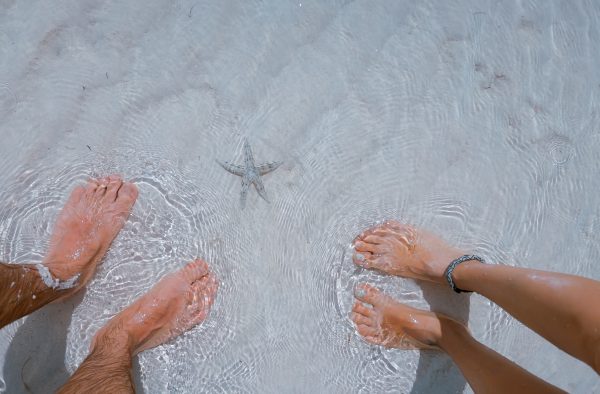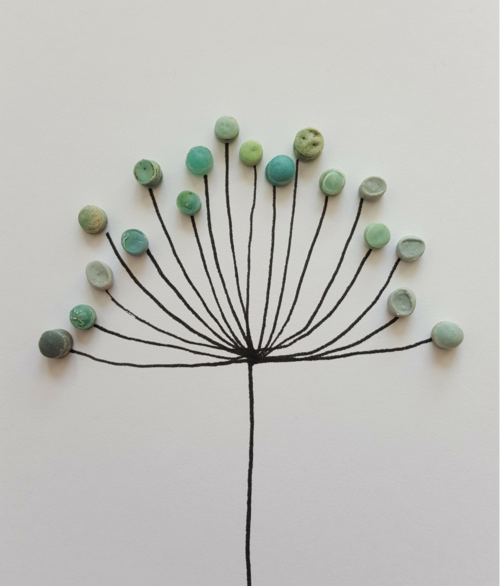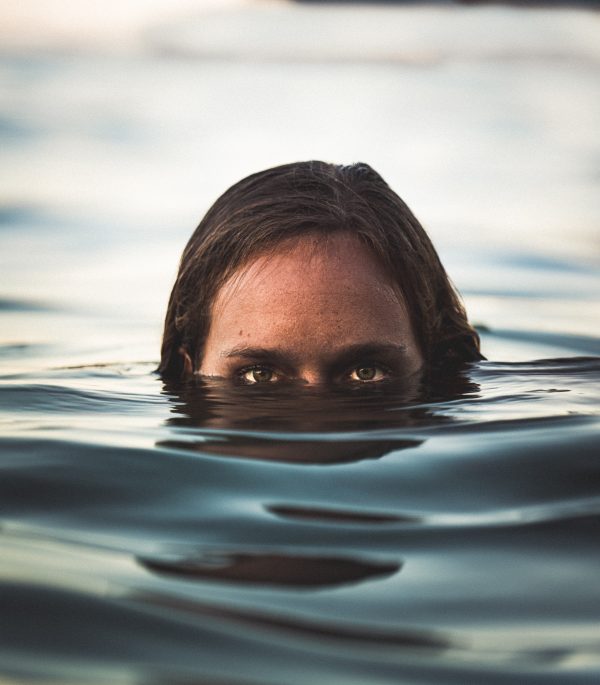
Everything moves on a beach: swimmers, the little creatures inhabiting the sand, the sand itself and sadly so does the litter – most of it being plastic. You can see it stranded. Some come from quite far away, one could easily tell if one looks at the labels. Plastics may be cleaned by machines, so beachgoers won’t see it. And even if some piece escapes the machines, and if it is not something that we just dumped, still we all tend to think: “It is not my problem”.
But as a matter of fact it is.
In fact, we have been throwing plastics away, without thinking about the effects of this action for so long, that this is now an emergency. Not only big items but also little ones are all around, threatening wildlife and ourselves (we are increasingly finding nanoplastics in our tap water, for example).
You will probably agree that Plastic is a common problem. But, if this is our common problem, we can also jointly find solutions! You are not the only one picking up other people’s litter when leaving the beach.You are not alone in the fight against plastic pollution!
Some people and some groups already found ways to reduce and to remediate our impacts. One or more of these ways can be just fine for you and your family…or you even may want to try out and share a new one!
We all go on the “green” side and invite you on board for an exciting discovery voyage to exchange ideas and find out, with your family, your own way to reduce plastics’ use and plastic pollution. We are initiating an open dialogue with all of you and invite you to actively participate by also proposing ways for all of us to reduce plastic use on the beach.
Here are some ideas to reduce plastic use on the beach:
- Bring on the beach your own insulated or glass bottle with water. Avoid buying plastic water bottles.
- Leave a fabric bag folded in your beach bag – you can use it to collect your waste, or treasures found ashore, or (why not?) even for a quick clean-up. It’s washable and ready to be reused!
- Bring snacks from home in stainless containers (even in plastic ones but not single-use ones). Foldable cooling bags are a good sulotion.
- Bring fruit in paper bags
- After enjoying the fruits with your family, paper bags can be used as trash bags for food waste, without risk of one more plastic bag forgotten or lost in the environment
- Prefer fabric beach bags instead of plastic ones
- Use your own cup for drinks: coffee for adults and juice for children. Most cups can also be completely closed, preventing spills or sand in your drinks
- When asking for a drink, avoid asking to get a straw. A cold coffee may need one, but there are very fancy paper straws in commerce (and multiple use straws)…you may keep a bag of them at hand. However, juices and soft drinks can be enjoyed without a straw. Did you know that in many places straws are banned (the last one was Rio de Janeiro)?
- Try to play with the kids using things you will find on the beach (shells, small woods, pebbles, sand…) or bring non-plastic toys with you instead of getting a new beach set every year. By the way, how many abandoned toys do you find in every beach you visit?
- Use clips for baby’s pacifiers. Pacifiers are often lost in the sand and end up in the sea.
What more can I do?
- Print or note down the above list of ideas, evaluate the progress of your family in every beach trip and send us your comments.
- Search online for Beeswax wrap (instead of wrapping membrane for food).
- Follow BEMED initiatives on FB.
Any other ideas to reduce plastic during our visit on the beach?
This article was written by:
Lucia Fanini, Biologist
Olympia Papadopoulou, Environmentalist
Ioanna Serafeimidou, Family Friendly Culture Advocate & Βlogger
The micro-initiative «Networking against plastic pollution» starts from the intention to tightly integrate actions against plastic pollution into everyday life. The blogs ‘Thepaperboat’ (dedicated to traveling with children in Greece) and ‘Pigolampides’ (about family lifestyle in Thessaloniki) under the coordination of Tero and in collaboration with the marine biologist Lucia Fanini (associate of the Hellenic Centre for Marine Research) initiate actions that will last until November 2019. The aim is to enhance the awareness of families & local organisations (i.e. non-experts) on the issue of plastic pollution and trigger their engagement in project activities. The micro-initiative is funded by the «Beyond Plastic Med initiative (BeMed)» jointly sponsored by the Prince Albert II of Monaco Foundation, the Tara Expeditions Foundation, Surfrider Foundation Europe and the Mava Foundation.
** This document was produced with the financial assistance of Beyond Plastic Med. The contents of this document are the sole responsibility of Tero Single Member PC and can under no circumstances be regarded as reflecting the position of the Prince Albert II of Monaco Foundation, Beyond Plastic Med or its founders.



